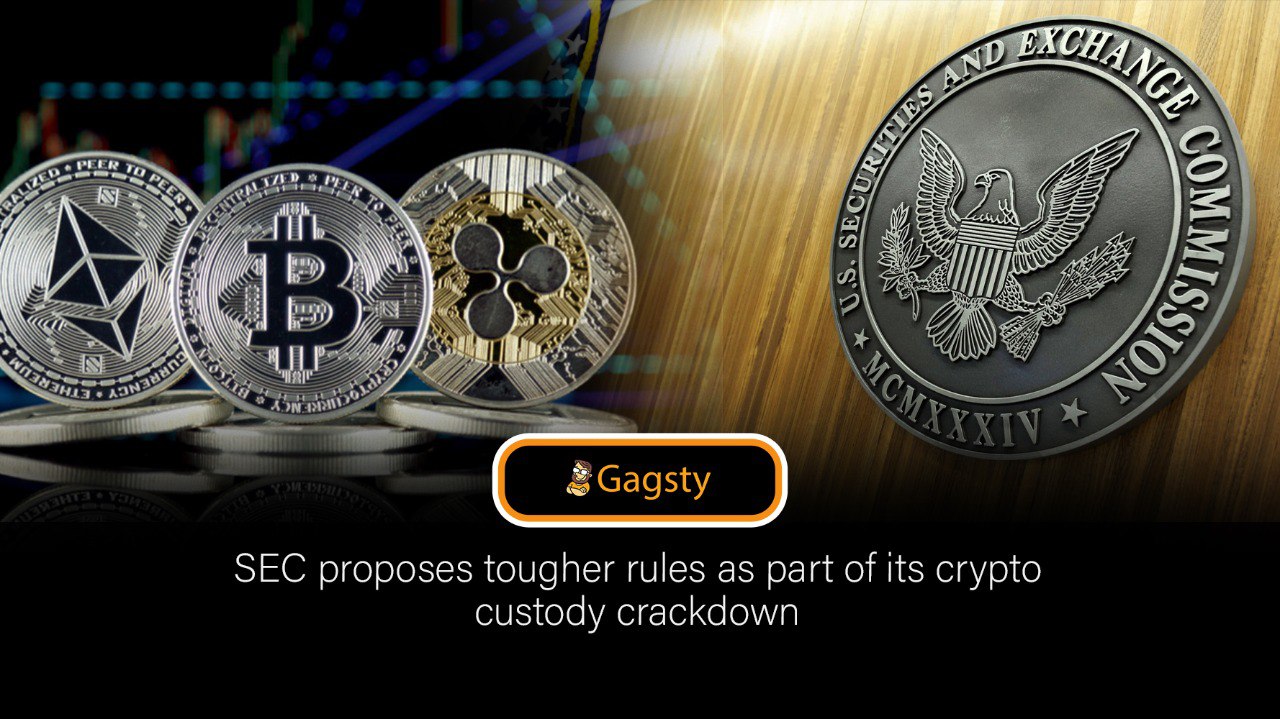
The new proposition set out by the Gensler-drove Protections and Trade Commission look to “grow the degree” of precludes set by the 2009 Care Rules.
A five-part board of the US Protections Trade Commission (SEC) has casted a ballot 4-1 for a suggestion that might make it more hard for cryptographic money firms to act as computerized resource caretakers later on.
The proposition, which is yet to be formally supported by the SEC, prescribes revisions to the “2009 Guardianship Rule” will apply to caretakers of “all resources” including digital currencies, as indicated by a Feb. 15 explanation from SEC Executive Gary Gensler.
Gensler expressed that as of now, some crypto exchanging stages that are offering guardianship administrations are not real “qualified caretakers.”
As indicated by the SEC, a certified caretaker is for the most part a government or state-sanctioned bank or reserve funds affiliation, trust organization, an enrolled specialist seller, an enlisted fates commission vendor or an unfamiliar monetary establishment.
To turn into a “qualified overseer” under the recently proposed rules, U.S. furthermore, seaward firms would also have to guarantee that all custodied resources — including digital currencies — are appropriately isolated, while these caretakers will be expected to go through extra pointless tasks like yearly reviews from public bookkeepers, among other straightforwardness measures.
While Gensler said these corrections would “grow the extension” to all resource classes, he explicitly went after the crypto business:
“Depend on it: The present rule, the 2009 rule, covers a lot of crypto resources. […] Further, however some crypto exchanging and loaning stages might promise to care financial backers’ crypto, that doesn’t mean they are qualified overseers. As opposed to appropriately isolating financial backers’ crypto, these stages have intermixed those resources with their own crypto or other financial backers’ crypto.”
“At the point when these stages fail — something we’ve seen consistently as of late — financial backers’ resources frequently have become property of the bombed organization, leaving financial backers in line at the chapter 11 court,” the SEC director added.
Gensler likewise highlighted the business’ history to recommend that couple of crypto firms would be adequately dependable to act as qualified overseers:
“No doubt about it: In light of how crypto stages for the most part work, speculation counselors can’t depend on them as qualified overseers.”
Nonetheless, few out of every odd SEC part is ready for Gensler’s arrangements.
While the proposition isn’t “guideline by authorization” as such, Chief Hester Peirce said “the most recent SEC assertion appears to be intended for guaranteed impact” to bring down the crypto business:
“Such clearing proclamations in a standard proposition appear to be intended for sure fire impact, a capability proposing deliveries shouldn’t play. These assertions urge venture guides to step back quickly from encouraging their clients concerning crypto.”
Concerning the actual proposition, Peirce accepts it would cause more damage than great.
She said that such severe measures will drive financial backers to eliminate their resources from substances that have created adequate protecting methods to alleviate and forestall extortion and robbery:
“The proposition would extend the span of the authority necessities to crypto resources while likely contracting the positions of qualified crypto overseers. By demanding a resource unbiased way to deal with care we could leave financial backers in crypto resources more powerless against robbery or misrepresentation, not less.”
With respect to the following stages, Peirce noticed the office will before long timetable in a 60-day remark period once the proposition has been distributed in the Government Register.
Notwithstanding, the chief is worried that this time span isn’t adequate to permit the general population to investigate all parts of the proposition.
The people who casted a ballot for the proposition desire to carry out the new principles inside 12 to year and a half, as per Peirce, who added that it was an “forceful timetable” given the progressions being proposed.
Leave a Reply